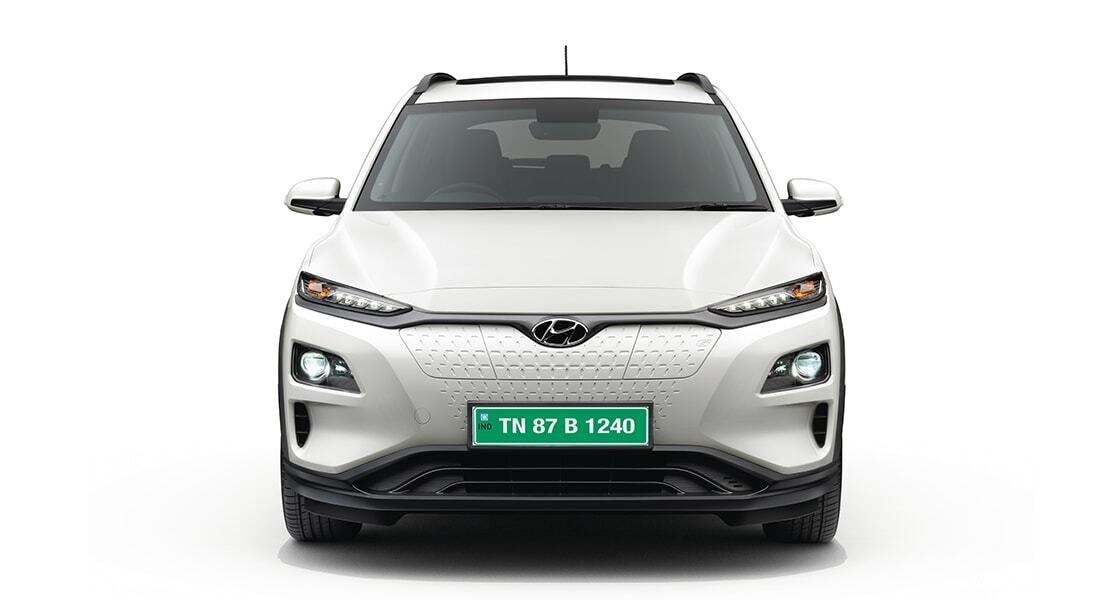Hyundai switches focus to electric: stops developing petrol, diesel engines
Aims to go all-electric by 2040

The South Korean automaker Hyundai and its sister brand Kia are reportedly planning to shut down its 40-year-old engine development centre to shift its focus on the development of electric vehicles.
The company is reportedly closing both internal combustion engine vehicles and hydrogen fuel-cell EV (FCEV) development centres. This is being done as the company wants to transform itself into an electric vehicle maker as quickly as possible.
Adapting to the change and in a bid to accelerate the transformation, the company’s newly appointed R&D chief Park Chung-kook has reportedly informed the decision via an internal email. The email reads, “We must change the system to create future innovation based on the great asset from the past.”
- India sees uptick in demand for charging stations - from an unlikely source
- Oil company to set up charging stations, textile maker gifts eScooters - India's tryst with eV adoption
- Best electric scooters you can buy in India right now
“The immediate task is to develop innovative vehicles that can dominate the future market. This reorganization will be an important starting point for change ahead in the new year,” the email further reads.
The company has over 12,000 people at the Namyang centre working on the development of fuel engines; however, these are now being transferred to electric vehicle development, battery design, battery performance development and other functions.
Aims to go all-electric by 2040
Electric vehicles are making a comeback and it’s obvious that the impact on the environment as well as commutation cost. Though the change needs to be driven by us as consumers along with the governments and brands – and Hyundai is doing exactly what is required.
Hyundai has been one of the leading automakers globally and aims to go all-electric by the year 2040. It wants to sell over 1.7 million EVs worldwide in 2026 and wants to now focus on making products that can “dominate the future market.”
Get daily insight, inspiration and deals in your inbox
Sign up for breaking news, reviews, opinion, top tech deals, and more.
Hyundai is reportedly collaborating with Apple on both developing its electric car and working on the rechargeable batteries to conceivably use in them.
In a recent interview, the Managing Director of Hyundai Motor India, SS Kim stated that the company has been working with the Indian government in developing the battery electric vehicle (BEV) roadmap for the country and will aim to make India a hub for EV components. He says that its local assembly lines are flexible and future-ready and the Hyundai Kona EV has been assembled locally.
Hyundai’s decision could be one of the many to follow as other automakers would also like to change lanes in order to be future-ready. Once this happens we will not only get a plethora of zero-emission vehicles but will also have vehicles across the price gamut to suit the requirement of the end-users.
Team TechRadar India Wishes you a Happy & Healthy 2022 -- here's a chance to check out some of our year-end reviews of electric vehicles, tech updates, OTT releases and more...
- A bumper year for Indian fintechs in 2021 - Good times to last
- Tata Nano EV – the perfect family vehicle in 2022?
- Smartphone Gaming - what prompted it and where it is headed in 2022
- Tech headlines of 2021 - events that made us sit up and take note
- Our Choice of 2021: Indian OTT films that impressed us, and didn't
- Sequels for these 10 popular web series on OTT could arrive in 2022
- South Indian films of 2021 that you can't afford to miss on OTT platforms
Want to know about the latest happenings in tech? Follow TechRadar India on Twitter, Facebook and Instagram!
Jitendra has been working in the Internet Industry for the last 7 years now and has written about a wide range of topics including gadgets, smartphones, reviews, games, software, apps, deep tech, AI, and consumer electronics.
